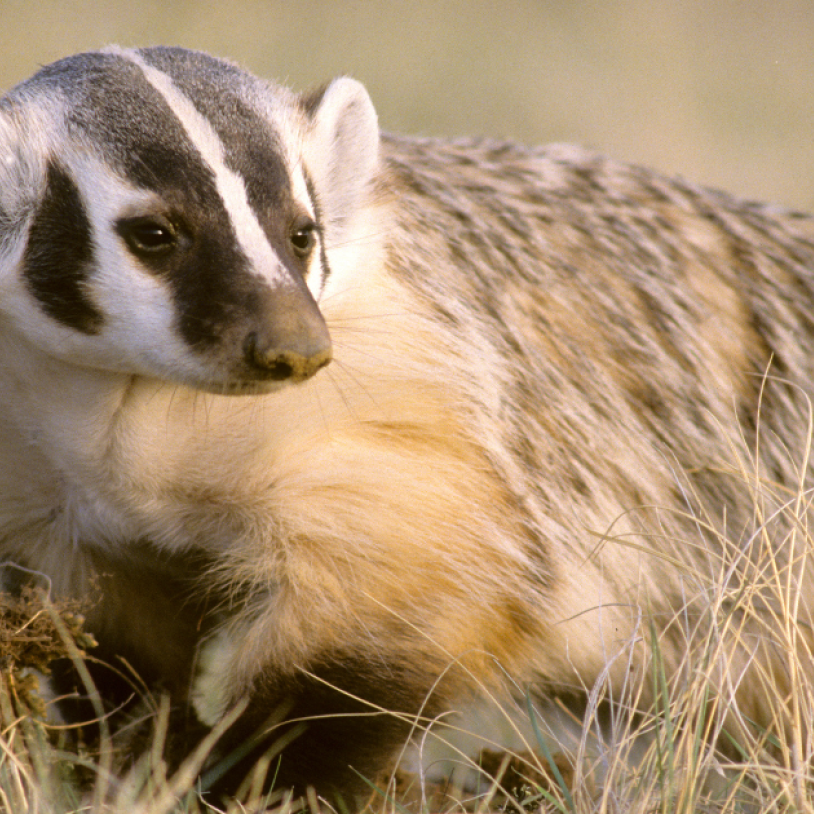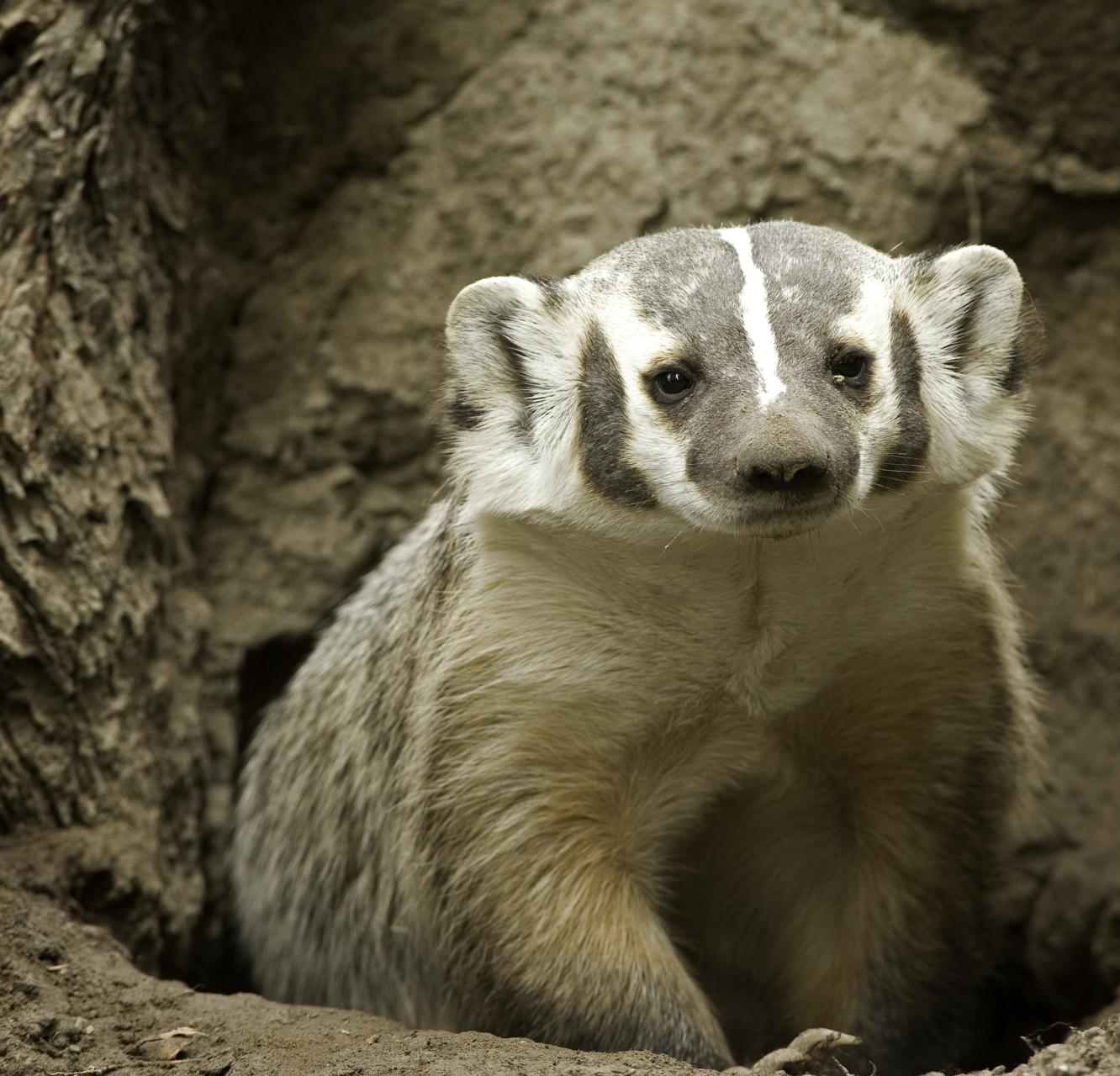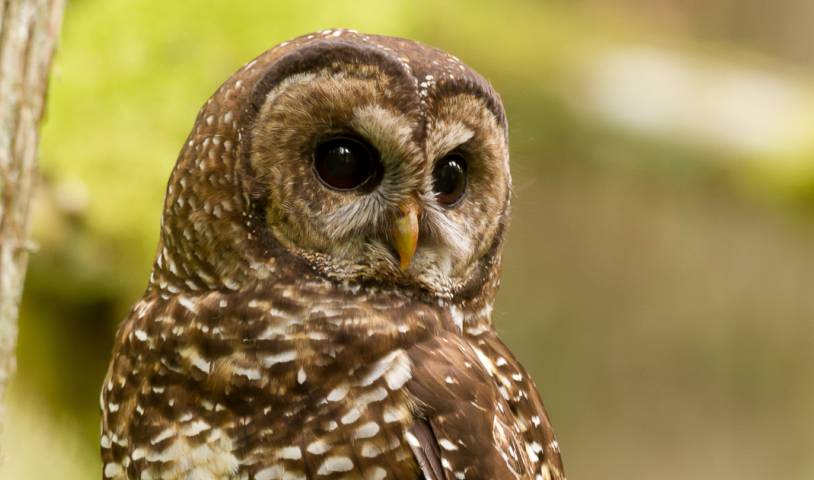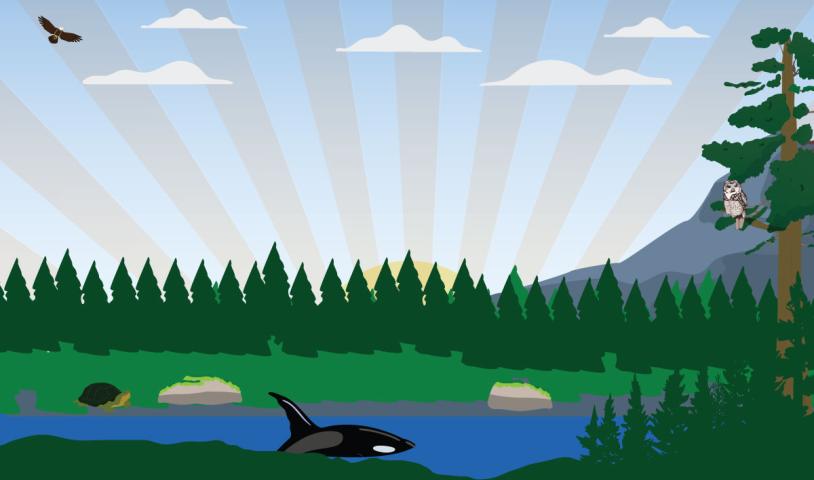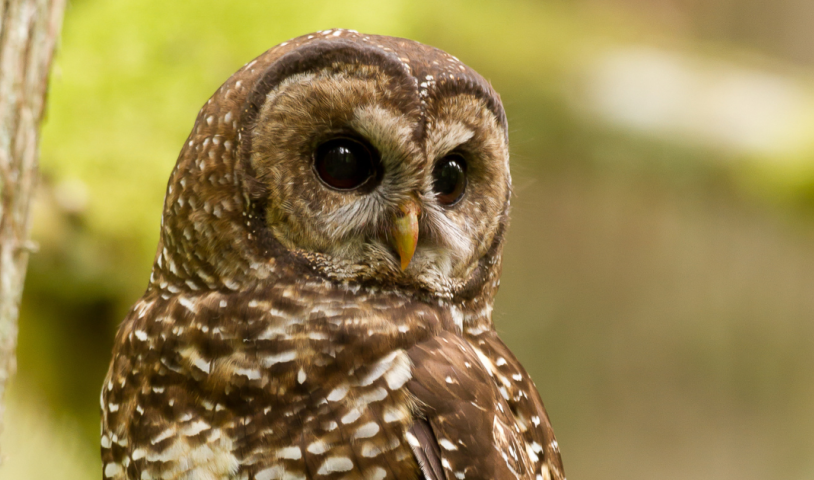Independent audit finds legal gaps drive species in BC toward extinction
Tuesday, November 8, 2022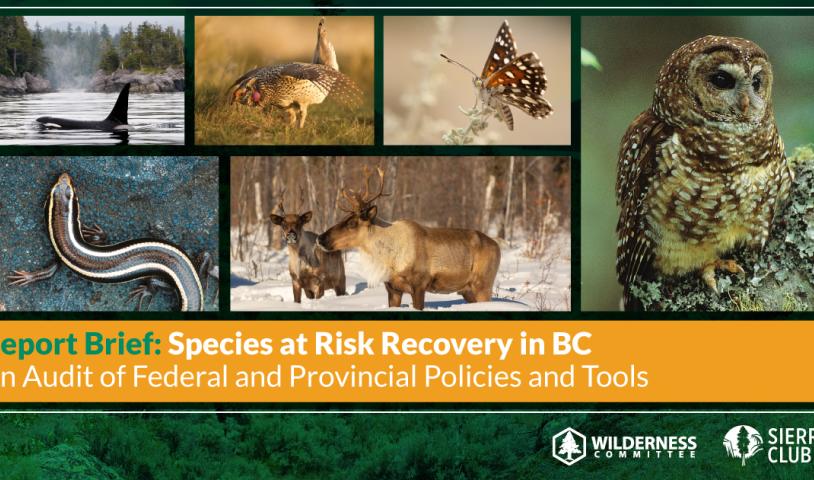
With the UN Biodiversity Conference (COP 15) a month away, new report sounds the alarm on major provincial and federal failures in biodiversity protection in BC
VANCOUVER/UNCEDED xʷməθkʷəy̓əm (MUSQUEAM), Sḵwx̱wú7mesh (SQUAMISH) AND səlilwətaɬ (TSLEIL-WAUTUTH) TERRITORIES – A new independent audit commissioned by Wilderness Committee and Sierra Club BC highlights huge legal gaps driving species extinction and extirpation in B.C. These federal and provincial policy gaps are especially worrying as B.C. is the most biodiverse province in Canada, and is also home to the most species and ecosystems at risk of extinction.
The Union of B.C. Indian Chiefs (UBCIC), Wilderness Committee and Sierra Club BC are calling on premier-designate David Eby to take swift action and enact a biodiversity law co-developed with Indigenous Peoples.
The report, written by biologist Jared Hobbs, finds the federal species at risk law alone is not enough to protect species at risk in B.C. due to a pattern of consistent delays and the use of flawed information. Meanwhile, the provincial legal framework for species at risk protection relies on a patchwork of laws that fail to address all threats driving species decline.
The new report exposes the flaws in current provincial and federal biodiversity policies including:
- The mapping of at-risk species habitat was consistently years overdue from the legal deadline or still incomplete for 97 per cent of the focal species. In the case of the spotted owl, critical habitat maps are 18 years overdue despite there only being one known wild owl left.
- B.C.’s existing laws do not address all of the threats that cause species decline. For example, under B.C’s forestry law, logging companies are not required to survey for endangered or threatened species when laying out cutblock boundaries.
- B.C’s park system is falling flat in safeguarding biodiversity as the ecological zones with the highest biodiversity are significantly underrepresented in the protected area system.
The new audit comes just one month before the UN Biodiversity Conference in Montreal where countries from around the world are expected to agree on a biodiversity framework. The federal government has called on the provinces and territories to help meet the key goal of the biodiversity conference: to halt and reverse biodiversity loss by 2030 and achieve its full recovery by 2050.
“The federal government is calling on provinces and territories to help meet COP 15’s goals of halting biodiversity loss. But the federal and B.C. governments need to take a hard look at their own role in causing the extinction crisis,” said Charlotte Dawe, conservation and policy campaigner for the Wilderness Committee. “If COP 15 is going to be more than just showy speeches, then the federal government needs to stop avoiding actions to protect species and B.C. must finally enact a law that offers protection to species facing extinction.”
Indigenous-managed lands make up around 20 per cent of the planet, containing 80 per cent of the world’s remaining biodiversity, highlighting that Indigenous Peoples are the most effective stewards of biodiversity. The UBCIC has called on B.C. to enact legislation for the protection of biodiversity, co-developed with Indigenous Peoples and aligned with the United Nations Declaration on the Rights of Indigenous Peoples (UNDRIP).
“One of the key recommendations of the 2020 provincial Old Growth Strategic Review Panel was for B.C. to enact a new law to establish ecosystem health and biodiversity as an ‘overarching priority’ across all sectors,” said Grand Chief Stewart Phillip, UBCIC president. “There is no more time to waste. We strongly anticipate that premier-designate Eby will ensure co-developed biodiversity legislation is in the new mandate letters when he unveils his cabinet.”
The Wilderness Committee and Sierra Club BC say law reform aligning with UNDRIP is needed to bring species like southern mountain caribou, southern resident orcas and spotted owls back from the brink. The two organizations are calling on the B.C. government to keep its promise and work with Indigenous governments towards biodiversity legislation by 2023, one of the recommendations made by the 2020 Old-Growth Strategic Review panel which the province committed to fully implement.
“Next month, Canada will welcome the international community to the UN Biodiversity Summit. B.C. has an indispensable role to inspire confidence at home and internationally that it’s not too late to avert the sixth mass extinction,” says Jens Wieting, senior forest and climate campaigner at Sierra Club BC. “There are few places in the world that could contribute more to safeguarding the web of life and supporting Indigenous-led conservation solutions than B.C.”
The organizations say swift action to safeguard biodiversity and enshrine its protection in law is needed, and are calling on the provincial and federal governments to make this a top priority.
- 30 -
View the independent report “Species-at-risk Recovery in B.C.: An Audit of Federal and Provincial Actions”
For more information, please contact:
Charlotte Dawe, Conservation and Policy Campaigner | Wilderness Committee
778-683-8220, charlotte@wildernsscommittee.org
Jens Wieting, Senior Forest and Climate Campaigner | Sierra Club BC
604-354-5312, jens@sierraclub.bc.ca
Grand Chief Stewart Phillip, President of the Union of B.C. Indian Chiefs
250-490-5314
